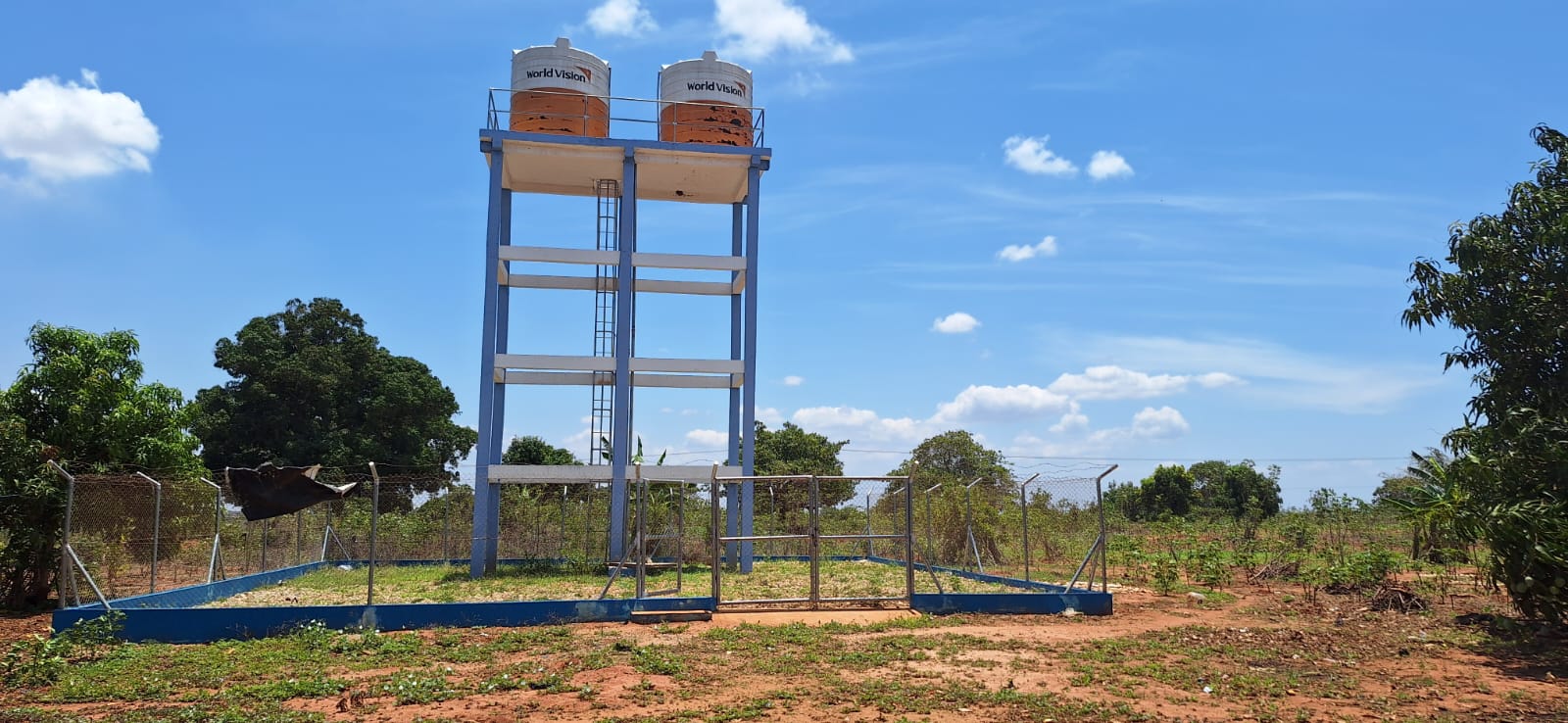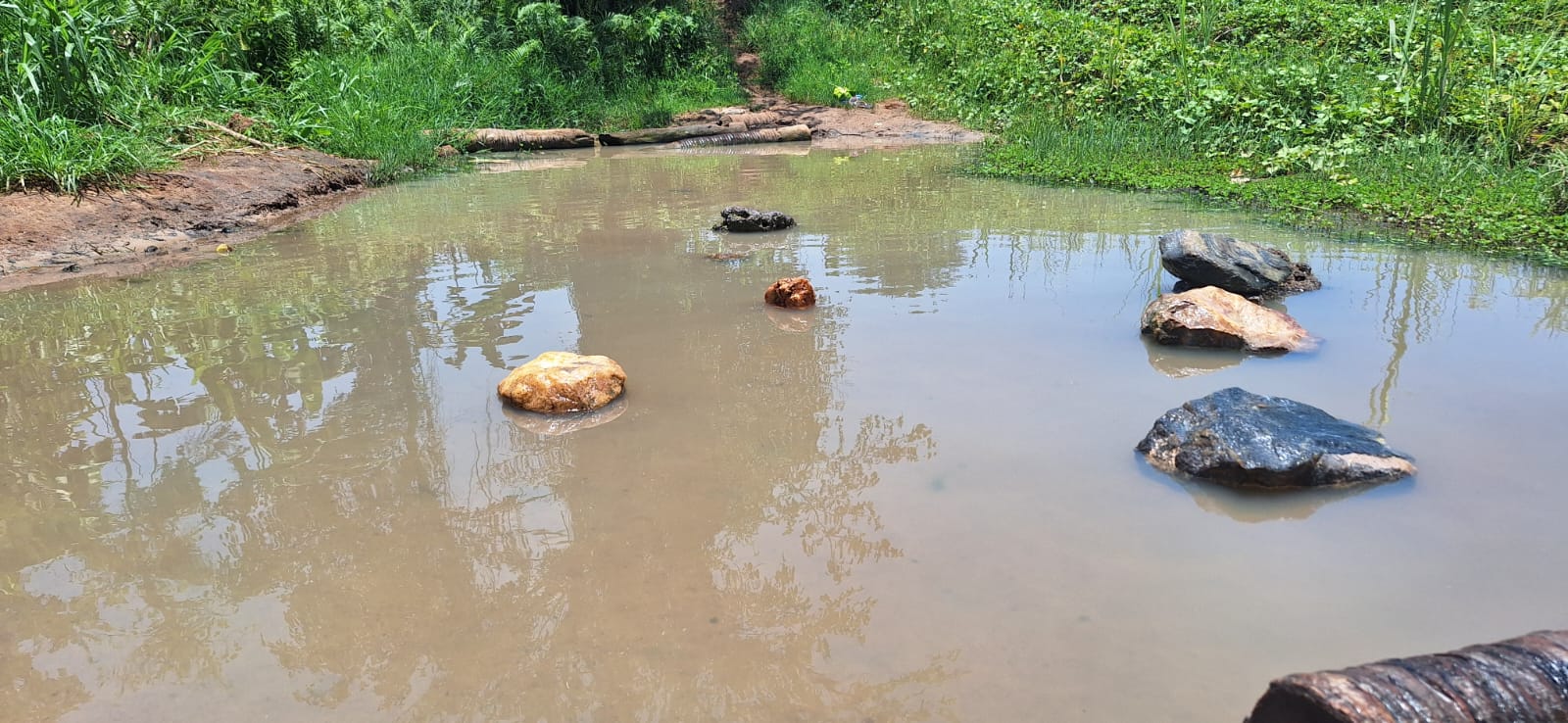BRINGING CLEAN WATER HOME: How a New Water System is Creating Hope in Mozambique
In a remote community in the district of Memba, Nampula province in Mozambique, families once walked an average of 5 kilometers to collect water from an unsafe source. With the new small-scale water supply system, they now have clean water closer and live healthier lives.

"We used to get sick with diarrhea and go to hospital often, but since we had clean water at home, we don't get sick often"- Dinis, from Memba district.
World Vision's Water, Sanitation and Hygiene (WASH) intervention has made a remarkable difference in people's lives. Thanks to the installation of a small-scale water supply system, at least 17 households now enjoy the convenience of clean and safe water from taps in their homes. The time they once spent collecting water is now being used for other productive activities, and children can go to school and play.
In Mozambique, access to water remains a distant reality for many who rely on unsafe water for consumption. In the past decades, the government has expanded the country's water supply with support from cooperation partners and international NGOs. However, it is estimated that 46 percent of the Mozambican population does not have access to safe water (WaterAID Moçambique, 2024) and that only about 84 percent of urban households and 40 percent of rural households have access to at least basic water service (USAID, 2020).

World Vision constructed a small-scale system powered by a solar system with a capacity of storing 20,000 liters that has the potential to supply water to 700 households. As of October 2024, a total of 17 families installed water taps in their houses, and 539 others have access to clean water from strategically installed water supply points across the neighborhood. By the end of 2025, the plan is to ensure the installation of water taps in at least 100 households and access to clean water to more than 700 households.
"Now things are normal. Before, we used to go to the river and then go to the farm; it would take us a lot of time. We no longer need to go to the river, return from the farm, and have water at home. We just store it for consumption, cooking, and bath…we now have more time to go to the mosque, to the farm, and take care of our children, Filomena from Memba district.
World Vision's initiative has enabled families in the community to be healthier. They now enjoy the convenience of easy access to safe water and have reduced health risks associated with unsafe water. They can now focus on other essential aspects of their lives. School-age children can spend more time at school or playing. Women can have additional time to engage in livelihood activities or spend more time with loved ones. The installation of this water system in this community is an example of how World Vision's interventions are uplifting rural communities. However, there is still work to be done to make clean water accessible to all (SDG6) in Memba and other places in Mozambique.
Not every household in the community has a water tap. Some families still walk a considerable distance to access water from the water distribution points, boreholes, or nearby rivers. The solar system is also not strong enough to supply water 24 hours a day to every household, especially during rainy days. World Vision is committed to expanding its water supply efforts to ensure that every household in the community can enjoy the convenience of easy access to safe water.
You can donate and be part of this movement of hope to bring clean water closer to rural communities. Every contribution brings us one step closer to achieving universal access to clean water in Mozambique. By supporting this initiative in the remote district of Memba, you can help expand the reach of water supply to the community of Paola and beyond. Find more about World Vision's efforts in supplying clean water in Mozambique